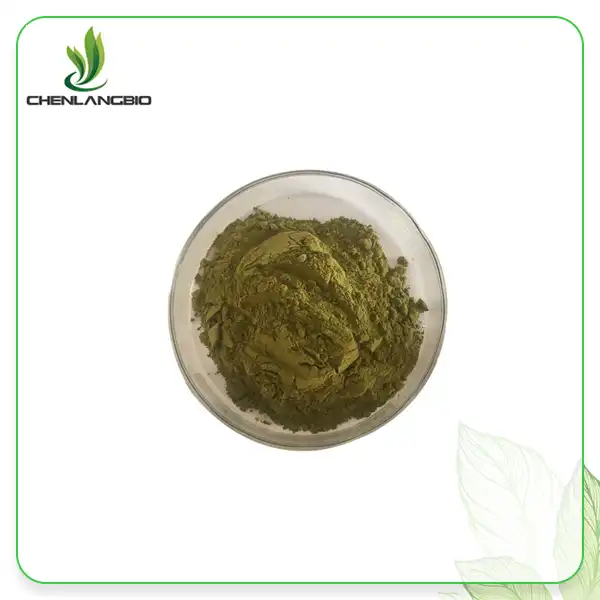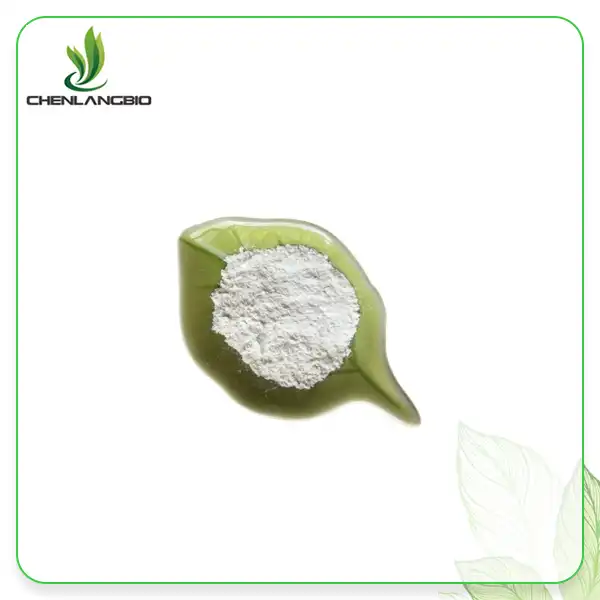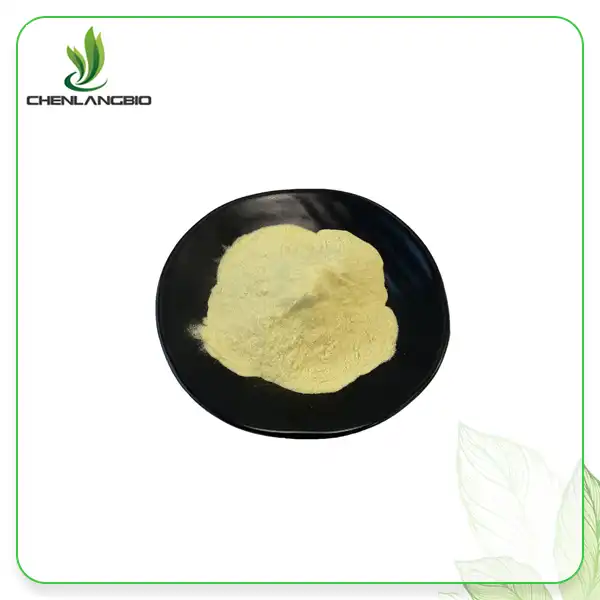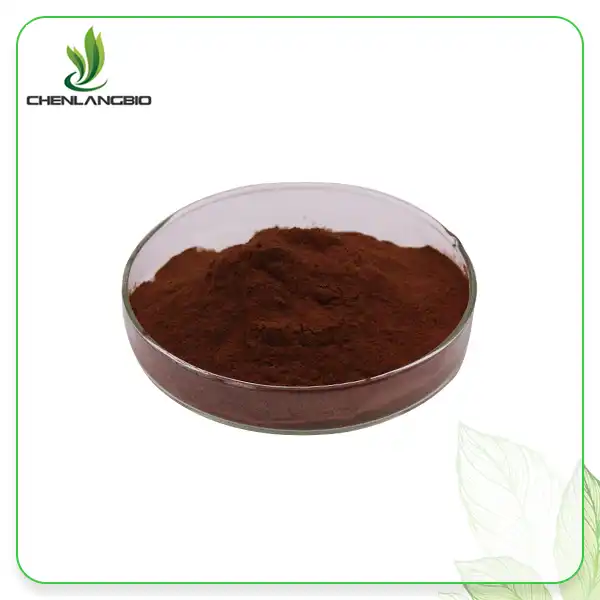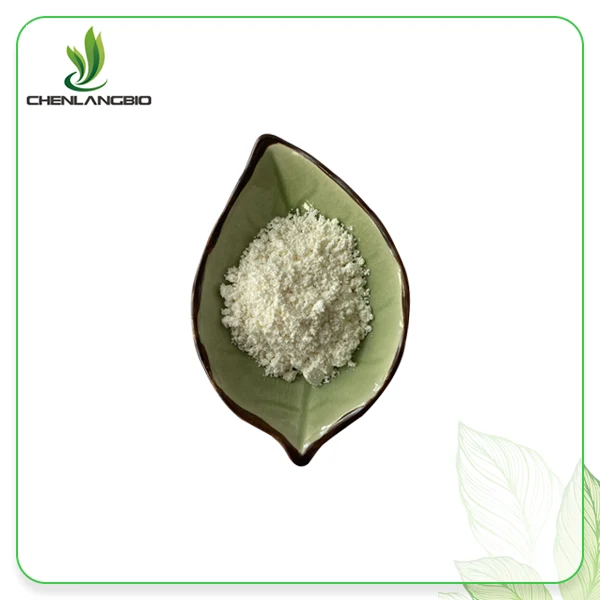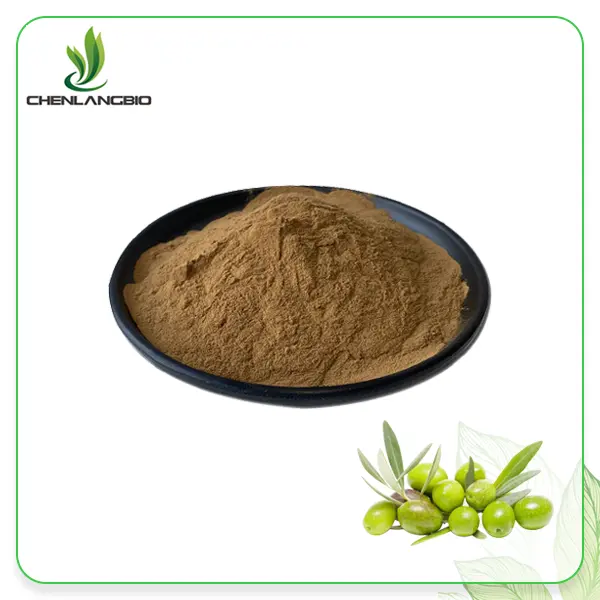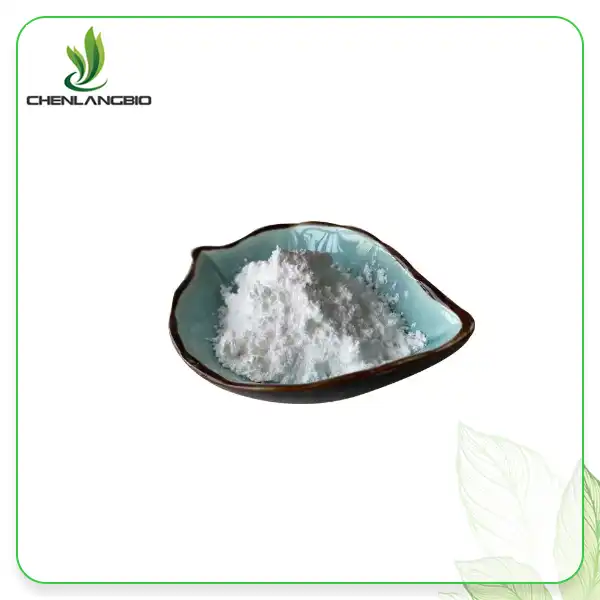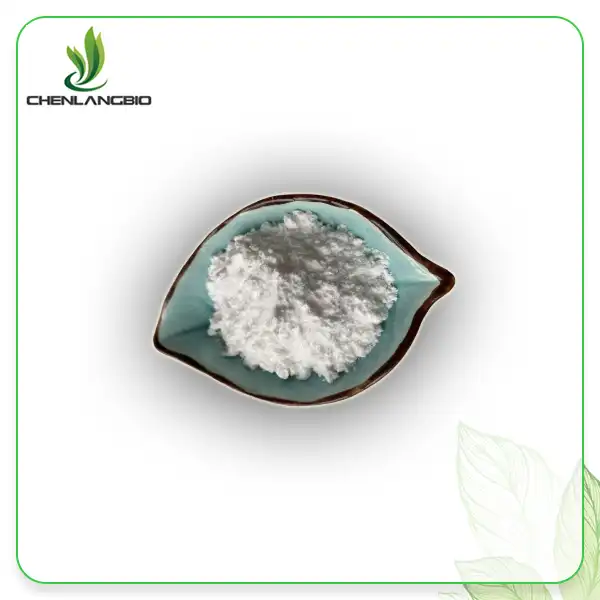What is Liposomal Glutathione?
2025-10-13 09:42:37
Glutathione has long been referred to as the body’s “master antioxidant”. It plays a central role in cellular defense and detoxification. In recent years, the rise of liposomal glutathione has transformed the way this vital compound is delivered and absorbed. For procurement managers and health product developers, understanding what sets liposomal glutathione apart from standard forms is crucial when making sourcing decisions.
Le’s Learn Glutathione and Its Role in the Body
Glutathione is a tripeptide composed of glutamine, cysteine, and glycine. Found in nearly all human cells, it acts as a first line of defense against oxidative stress by neutralizing free radicals and supporting detoxification pathways. In addition to protecting cells, it regulates immune function, maintains mitochondrial health, and assists in recycling other antioxidants such as vitamins C and E.
Unfortunately, glutathione levels naturally decline with age, stress, environmental toxins, alcohol consumption, and chronic illness. Low glutathione levels are linked to premature aging, fatigue, and increased vulnerability to oxidative damage. This explains the rising global interest in glutathione supplementation, both among consumers and manufacturers.
Why Traditional Glutathione Supplements Fall Short
While glutathione has impressive biological functions, oral supplementation in its conventional form faces challenges. Standard glutathione is highly susceptible to degradation in the digestive tract, meaning that only a small percentage reaches the bloodstream intact. This low bioavailability limits its therapeutic potential.
This issue has prompted research into advanced delivery systems. Among them, liposomal encapsulation stands out as one of the most effective and scientifically validated approaches.
What Makes Liposomal Glutathione Unique?
Liposomal glutathione is produced by encapsulating glutathione molecules inside lipid-based vesicles known as liposomes. These microscopic spheres are composed of phospholipids — the same materials that form human cell membranes.
This structure provides several advantages:
Protection against stomach acid and digestive enzymes, preventing premature breakdown.
Improved absorption across intestinal walls, since liposomes can easily merge with cell membranes.
Extended circulation in the bloodstream, enhancing stability and bioavailability.
For buyers, this translates to a product that is more potent, more efficient, and more attractive to end consumers compared to conventional glutathione.
Key Benefits of Liposomal Glutathione
Superior Bioavailability
Liposomal delivery can significantly improve absorption rates, meaning a smaller dose achieves greater effects compared to traditional glutathione.
Powerful Antioxidant Protection
By neutralizing reactive oxygen species, liposomal glutathione supports healthy aging and reduces oxidative stress at the cellular level.
Liver Detoxification
Glutathione plays a direct role in phase II liver detox pathways, assisting in the neutralization and excretion of heavy metals, alcohol byproducts, and environmental toxins.
Immune System Support
Adequate glutathione levels enhance immune cell activity and may reduce susceptibility to infections.
Skin Brightening and Anti-Aging Applications
In cosmetic formulations, liposomal glutathione is popular for its ability to promote a radiant complexion while protecting skin cells from oxidative damage.
Neurological Health
Emerging research suggests glutathione may help protect neurons from oxidative stress, making it a compound of interest in brain health supplements.
Market Applications and Opportunities
The demand for liposomal glutathione is rapidly expanding in multiple industries:
Nutraceuticals: Capsules, tablets, and liquid supplements aimed at anti-aging, detox, and immune support markets.
Functional Beverages: Ready-to-drink products that incorporate liposomal antioxidants for convenient daily use.
Skincare and Cosmetics: Topical creams and serums targeting skin brightening, anti-pollution defense, and anti-aging benefits.
Clinical Nutrition: Adjunct therapy in hospitals and clinics for patients with chronic illness or oxidative stress-related conditions.
For international procurement teams, understanding these market applications can help identify the most profitable product segments and tailor sourcing strategies accordingly.
Quality and Procurement Considerations
When evaluating potential suppliers of liposomal glutathione, buyers should focus on several critical aspects:
Purity and Quality Control
Look for products backed by Certificates of Analysis (COA), MSDS, and third-party lab testing to confirm glutathione concentration, particle size stability, and absence of contaminants. XI AN CHEN LANG BIO TECH mainly supply liposomal glutathione 50%.
Encapsulation Efficiency
A high-quality liposomal formulation should demonstrate effective encapsulation, ensuring maximum absorption and stability.
Manufacturing Standards
CHEN LANG BIO TECH manufacturers operate under GMP, ISO, Halal, and Kosher certifications, ensuring consistent quality across batches.
Shelf Stability
Liposomal formulations can be sensitive to oxidation. Buyers should request data on storage stability and shelf life before placing bulk orders.
Customization Options
Some manufacturers provide powder, liquid, or ready-to-fill capsules, allowing brands to diversify their product portfolios.
Safety and Tolerability
Liposomal glutathione is generally considered safe, with very few reported side effects. Unlike some antioxidants that may cause digestive discomfort at high doses, liposomal encapsulation enhances tolerability.
Still, quality matters: poorly manufactured liposomal products may have inconsistent absorption or unwanted additives. For this reason, buyers should prioritize suppliers with robust technical documentation and transparent production processes.
Frequently Asked Questions (FAQ)
1. Is liposomal glutathione more effective than regular glutathione?
Yes. Studies indicate that liposomal encapsulation significantly enhances absorption, making supplementation more effective.
2. What are the most common applications in the supplement market?
It is widely used in dietary supplements, functional beverages, and cosmetic formulations, particularly in anti-aging and detox products.
3. What documentation should a reliable supplier provide?
At minimum: COA, MSDS, GMP certification, and third-party lab test results. These ensure product quality and regulatory compliance.
4. How should liposomal glutathione be stored?
It should be stored in a cool, dry environment, away from direct sunlight. Refrigeration is recommended for liquid formulations.
5. What is the typical MOQ for bulk purchasing?
We offer flexible minimum order quantities, usually ranging from 1 kg for powders to 25 Kg/Paper drum.
Let’ Work Together
If your business is considering adding liposomal glutathione to your supplement or cosmetic product line, working with a trusted manufacturer is essential. We specialize in supplying high-purity liposomal glutathione with consistent quality, international certifications, and competitive bulk pricing.
👉 Contact our sales team today for technical documentation, quotations, or product samples, email: admin@chenlangbio.com, Partner with us to bring advanced antioxidant solutions to your market with confidence.
References
Richie JP, Nichenametla S, Neidig W, et al. (2015). Randomized controlled trial of oral glutathione supplementation on body stores of glutathione. European Journal of Nutrition, 54(2), 251–263.
Allen TM, Cullis PR. (2013). Liposomal drug delivery systems: from concept to clinical applications. Advanced Drug Delivery Reviews, 65(1), 36–48.
Kidd PM. (1997). Glutathione: Systemic Protectant Against Oxidative and Free Radical Damage. Alternative Medicine Review, 2(3), 155–176.
Pizzorno J. (2014). Glutathione! Integrative Medicine: A Clinician’s Journal, 13(1), 8–12.
Witschi A, Reddy S, Stofer B, Lauterburg BH. (1992). The systemic availability of oral glutathione. European Journal of Clinical Pharmacology, 43(6), 667–669.
Send Inquiry
Related Industry Knowledge
- How Much Coenzyme Q10 Powder Should I Take Daily
- Why Oleuropein Powder Beats Traditional Antioxidants in Formulations?
- Dimethylmethoxy Chromanol in Bulk: Benefits & Application
- How Much Sodium Ascorbyl Phosphate is Effective
- Is It Safe to Take Alpha-GPC Every Day
- What Foods Contain Mangiferin
- Does All Green Tea Have EGCG?
- How Can Dehydroepiandrosterone DHEA benefit Your Health
- What is Isobutylamido Thiazolyl Resorcinol
- China Phellinus Linteus Extract Powder Supplier



